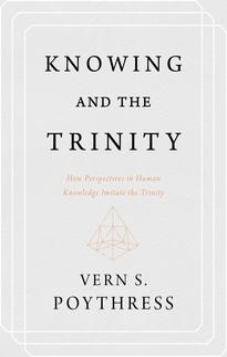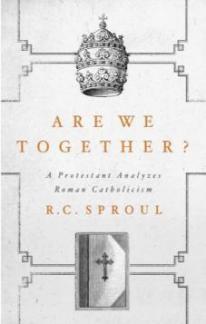Knowing the Trinity: How Perspectives in Human Knowledge Imitate the Trinity
Original price was: £21.99.£16.50Current price is: £16.50.
Out of stock
Description
Every human being has a distinct perspective and experiences truth from this viewpoint. If God exists in three persons, as the Bible teaches, is it possible to discern epistemological perspectives that originate from this mystery? Once we understand that God is Trinitarian, we can see numerous reflections of his Trinitarian character in general and in special revelation.
Vern Poythress is one of a growing number of theologians who have developed and used perspectival triads to further our knowledge of God. This book explores the relationship between numerous triads and God’s Trinitarian character, and shows that many triads reveal analogies to the Trinity. Understanding these analogies will help readers perceive the fundamental connections between our Trinitarian God, the Bible, and our created world.
The Author
Additional information
| Weight | 590 g |
|---|---|
| Dimensions | 224 × 152 × 36 mm |
| Author(s) | Poythress, Vern S., (Author) |
| Publication Summary | P & R Publishing (2018), 400 pages |
| Published Date | 2018 |
| Page Count | 400 |
| Language | English |
| Product Type | Paperback |
You must be logged in to post a review.











Reviews
There are no reviews yet.